Live Music At The Phil
The last time I heard live music was in March when I listened to a musician playing the Gamelan in Java. Yesterday I listened to the Liverpool Philharmonic orchestra playing music by Rossini, Stravinsky and Beethoven. It’s strange wearing a mask to a concert and stranger being socially distanced. We are proud to have one of the finest orchestras in the world in Liverpool and normally concerts are packed but during the pandemic the maximum audience size is 240.
Because of travel restrictions the usual conductor Vasily Petrenko was replaced by Joshua Weilerstein. He told us how pleased he was to see the audience and how important it was for musicians to play before a live audience. It’s extraordinary that orchestras are still playing because since the start of the pandemic many self-employed musicians have received little or no financial support. A survey undertaken by the Musician’s Union in September, found that a third (34%) of musicians are considering abandoning the industry completely, directly due to financial hardship caused by the coronavirus pandemic.
Listening to ‘the Phil’ today I realised just how important live music is especially at times like this. Rishi Sunak thinks people working in the arts sector should retrain and seek new opportunities. History records that when JS Bach was appointed organist of the Neukirche in Arnstadt at the age of 18 he was helped into the post by his father’s cousin. As part of his duties, he had to examine the new organ in Neukirche. His fees came out of the town’s tax on beer. Remembering this progressive tax, I thought of the government’s inability to collect Tax from the rich. Can you imagine Rishi Sunak taxing the rich to pay for the arts? If he was to put a tax on beer to pay for orchestras it would probably be outsourced to Serco and Weatherspoons who would no doubt cream off a tidy sum.
The government’s £1.57 billion Culture Recovery Fund has made little impact on the lives of musicians who are now facing the worst recession in living memory. The Tories clearly believe that their profession is no longer “viable” and they should retrain for other occupations. Musicians provide sheer joy to millions as well as a huge contribution to culture and the economy. They need to be protected during the pandemic not thrown on the scrap heap. The government is overseeing the decimation of the arts.
Schools are now spending less time on art, drama and music lessons. The curriculum has been stripped of any meaningful cultural content.
We are heading towards a cultural desert where the concept of ‘Arts for all’ will become a distant memory. As I sat applauding the musician’s yesterday, I thought how long will this last?











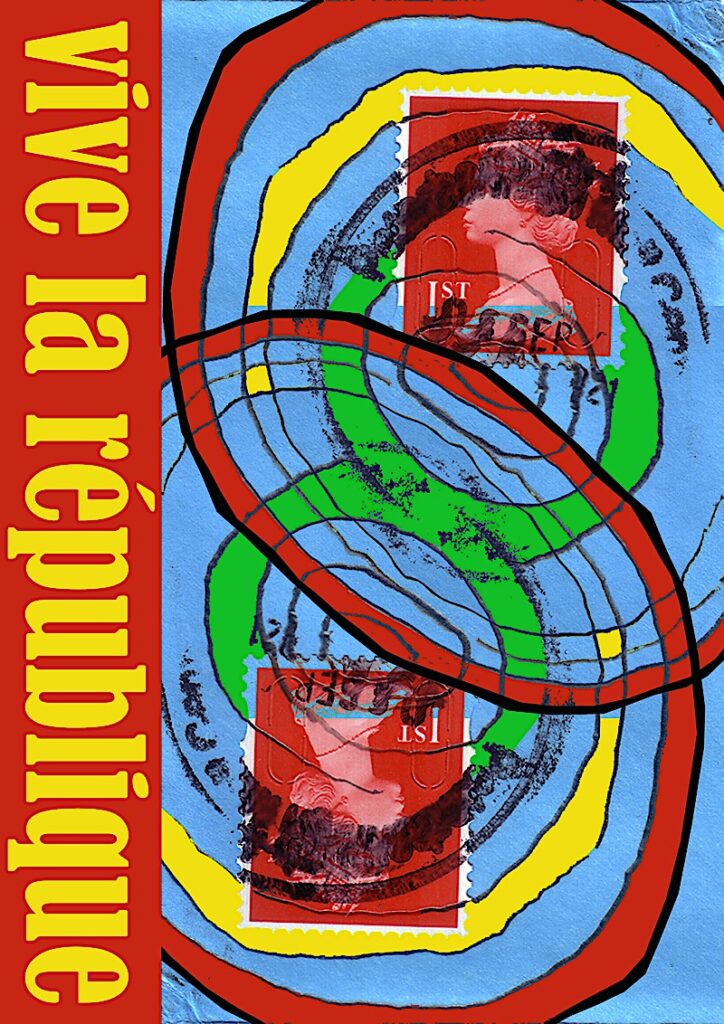
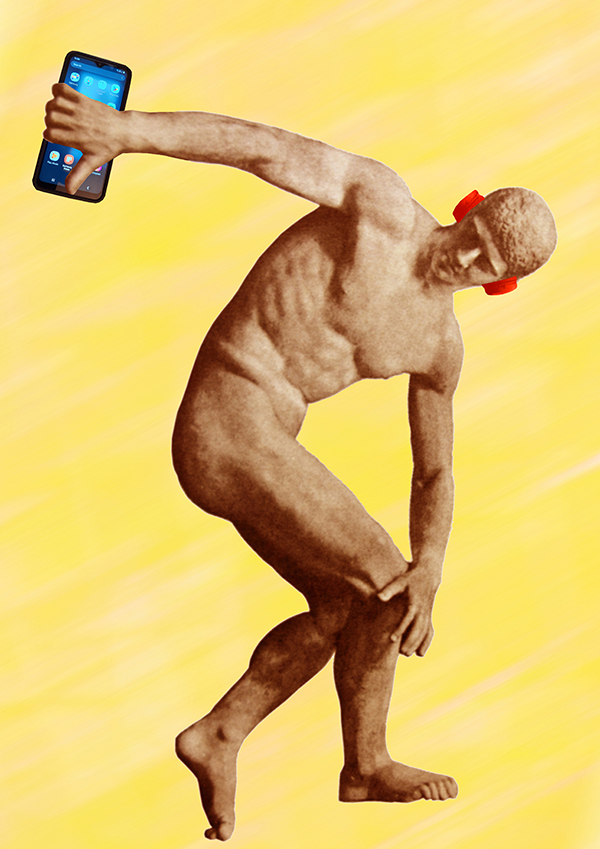


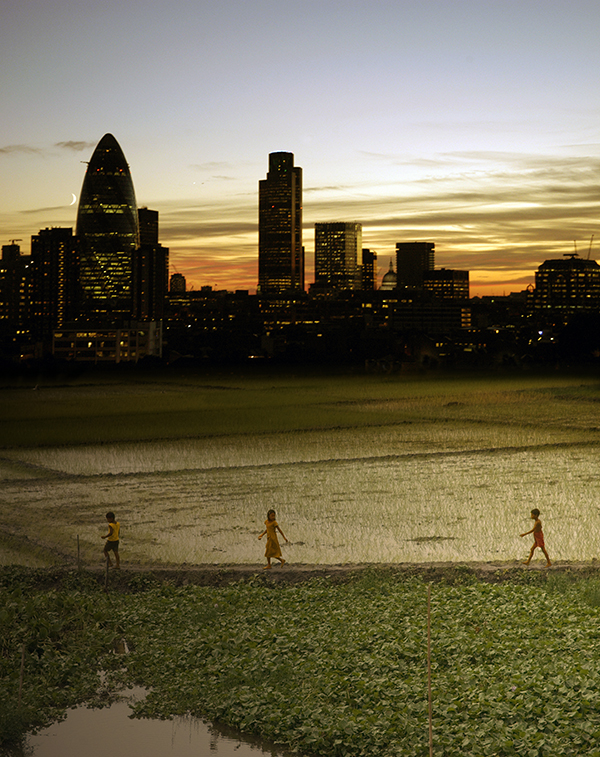

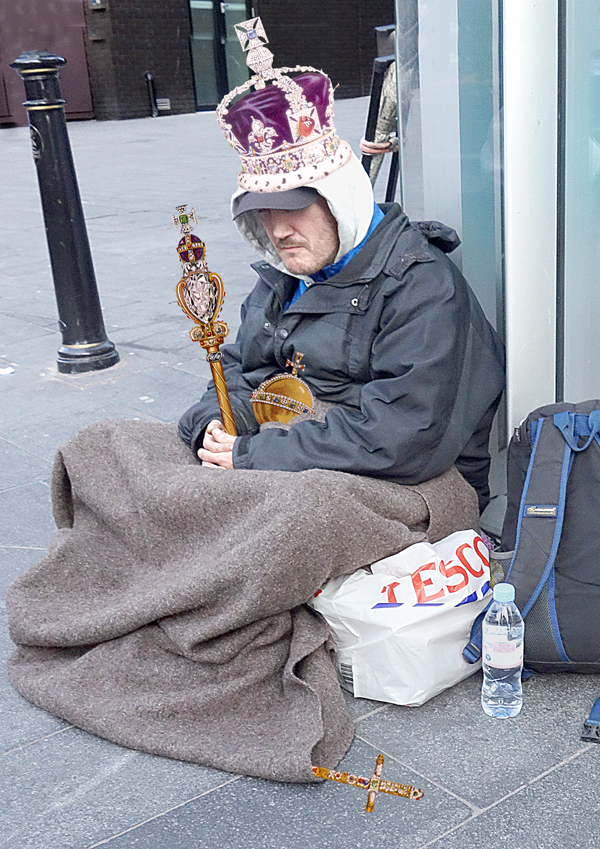

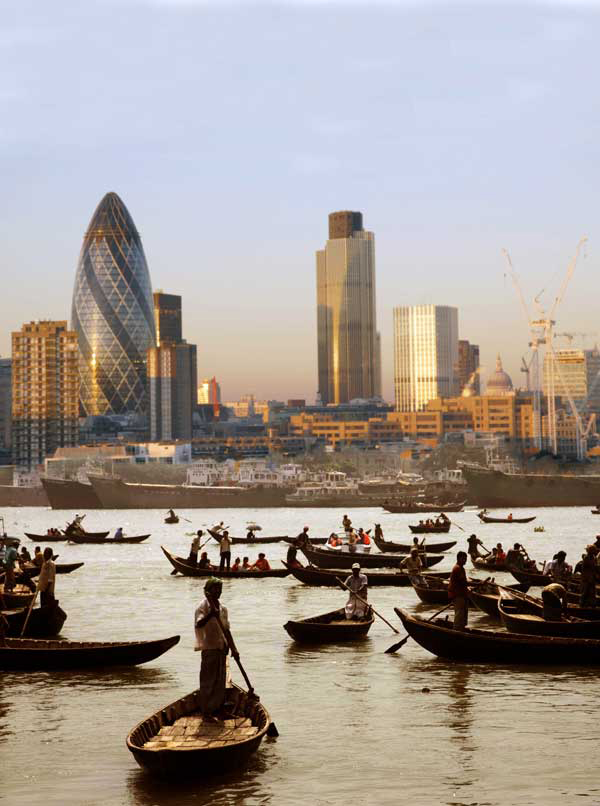


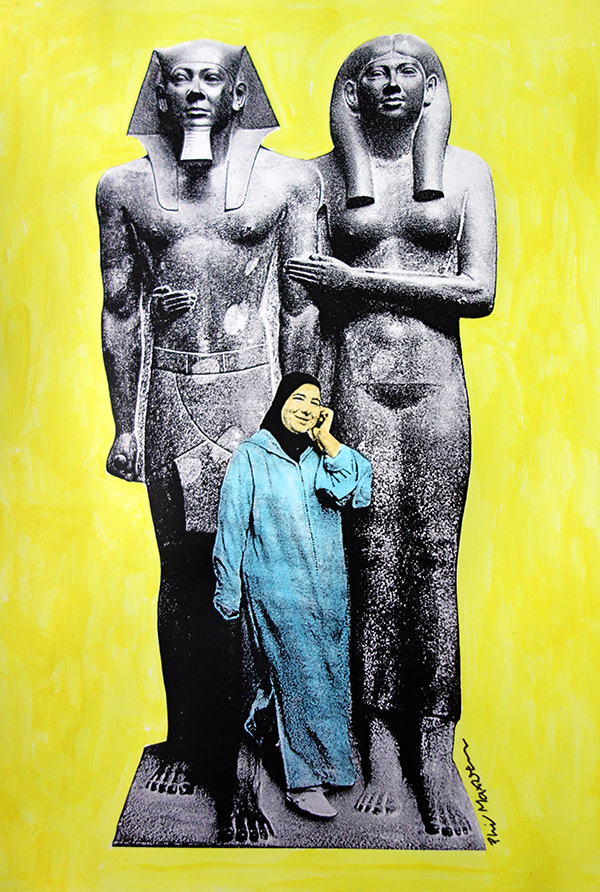


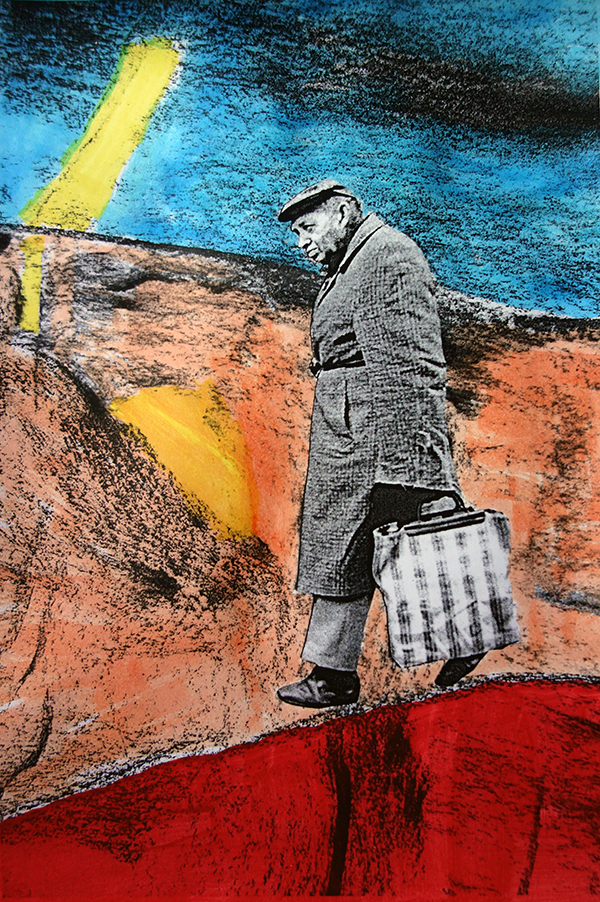
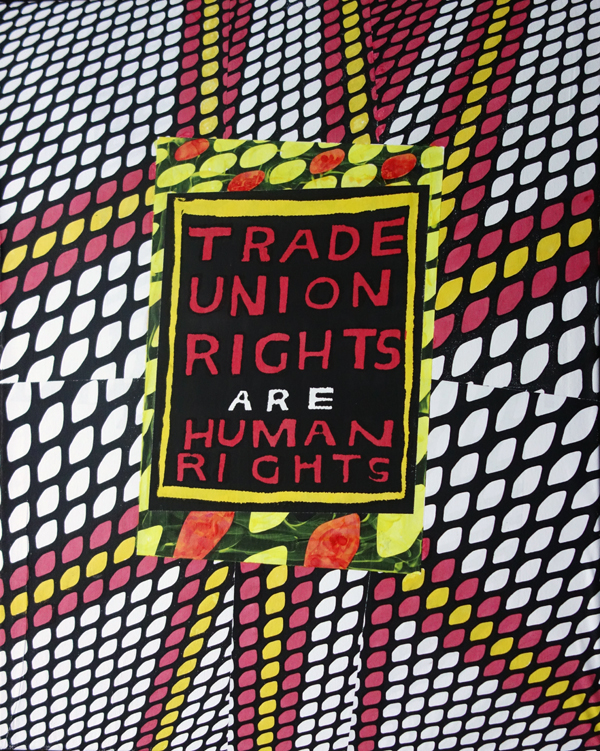
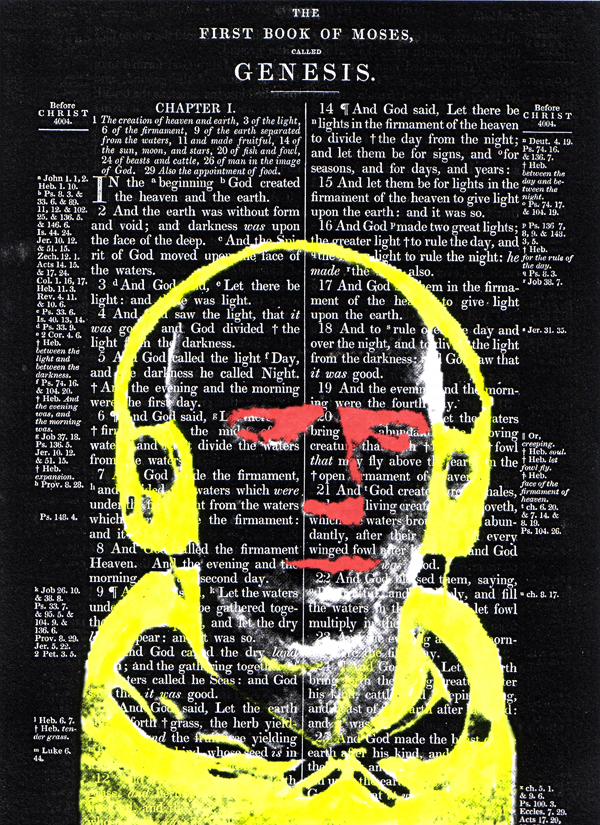
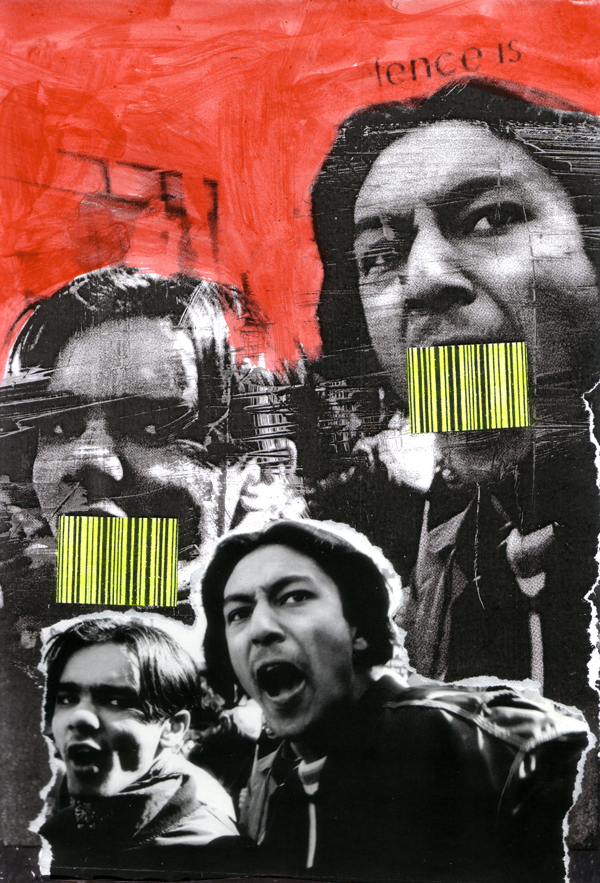

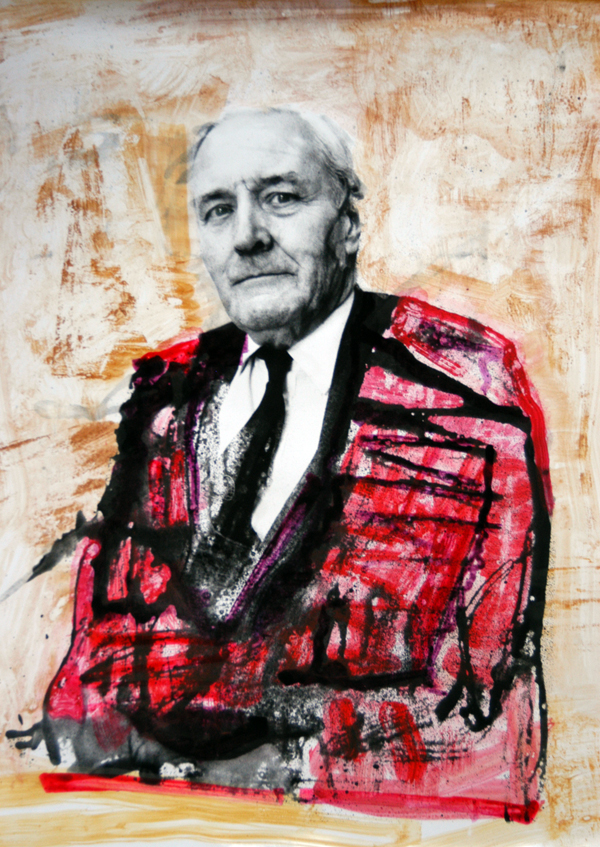


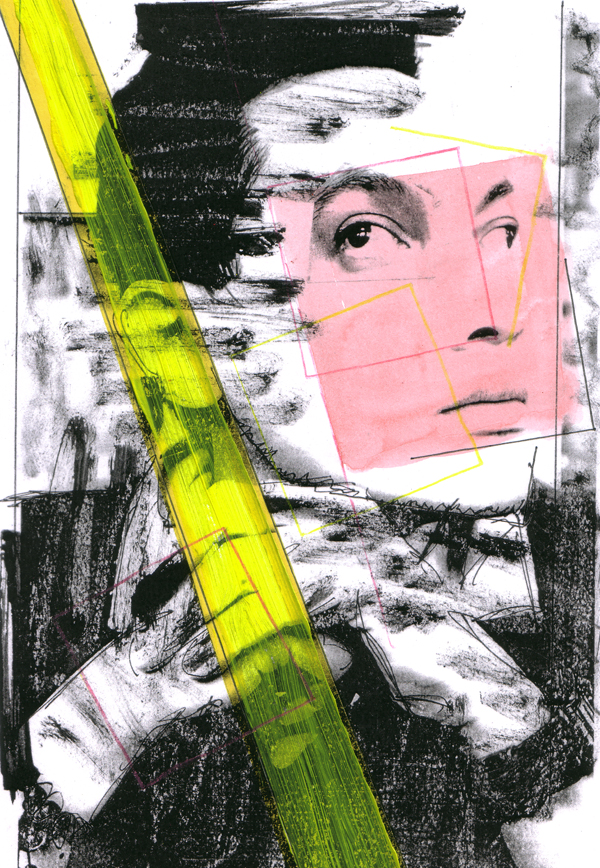
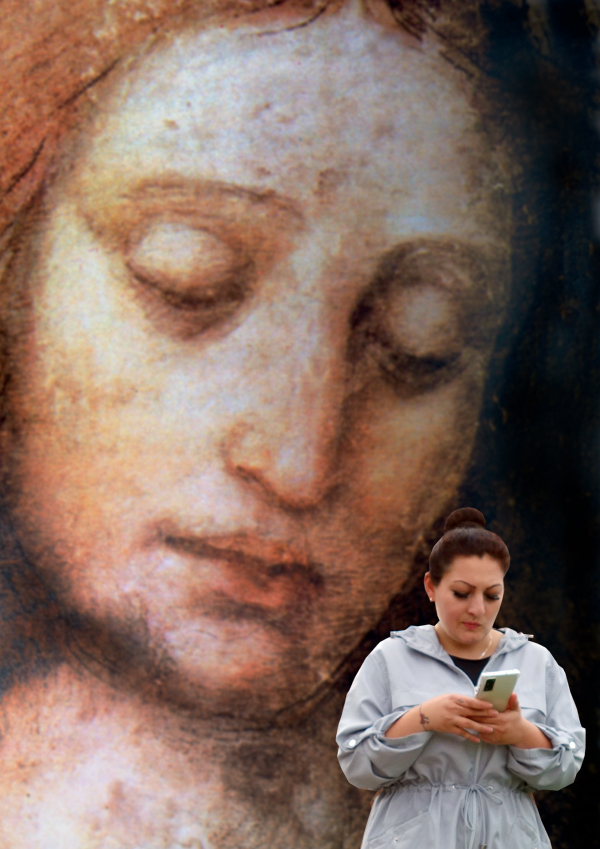
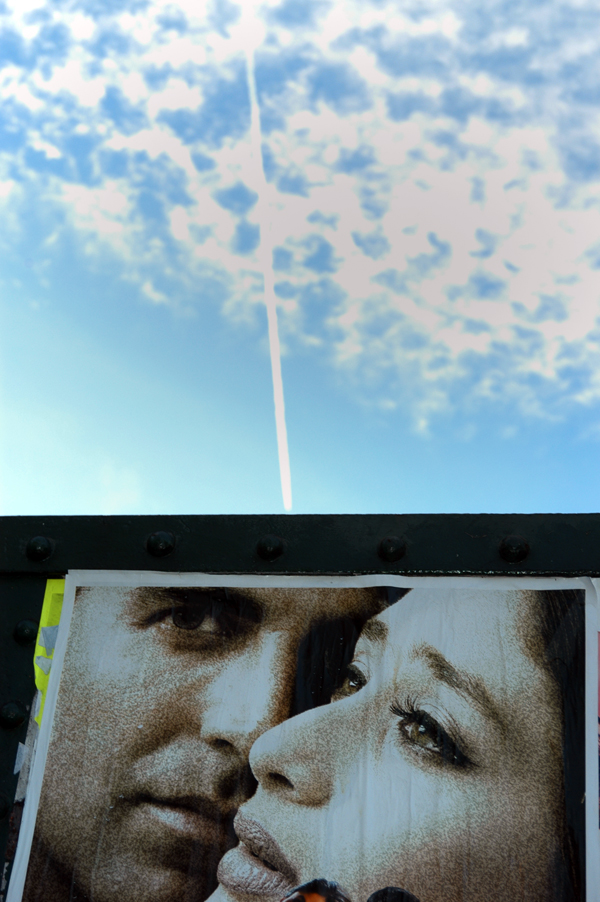
I agree Phil – musicians are being tossed to one side like they don’t matter. So many are selling houses, remortgaging, distraught, suffering a new poverty. And bored. It doesn’t have to be like this. But pre-Covid, the music industry was corrupt, a small handful of programmers determining who gets to play, and and often influencing what they play. There’s another model we can establish, one that embraces and enables all musicians, including amateurs. One that enables the playing of music for music’s sake, and not for the lining of the pockets of middle-‘men’, who have for too long, been in control. Yes, there’s a place for the concert hall, and yes, amateurs and also the very best musicians should have access to it. But ticket price shouldn’t be a barrier to attend. And the concert hall could exist in a variety of ways: front gardens, roundabouts in streets shut to traffic, office buildings, shops (that are transitioned to sustainable products). And until we emerge from COVID and can continue work going on now to transition away from a social order in which corrupt politics pursue poisonous addiction to GDP at all costs – how about the billionaires in the UK having their accounts frozen and gov distributing those funds to the arts and other sectors in need.
You raise some good ideas Lola!